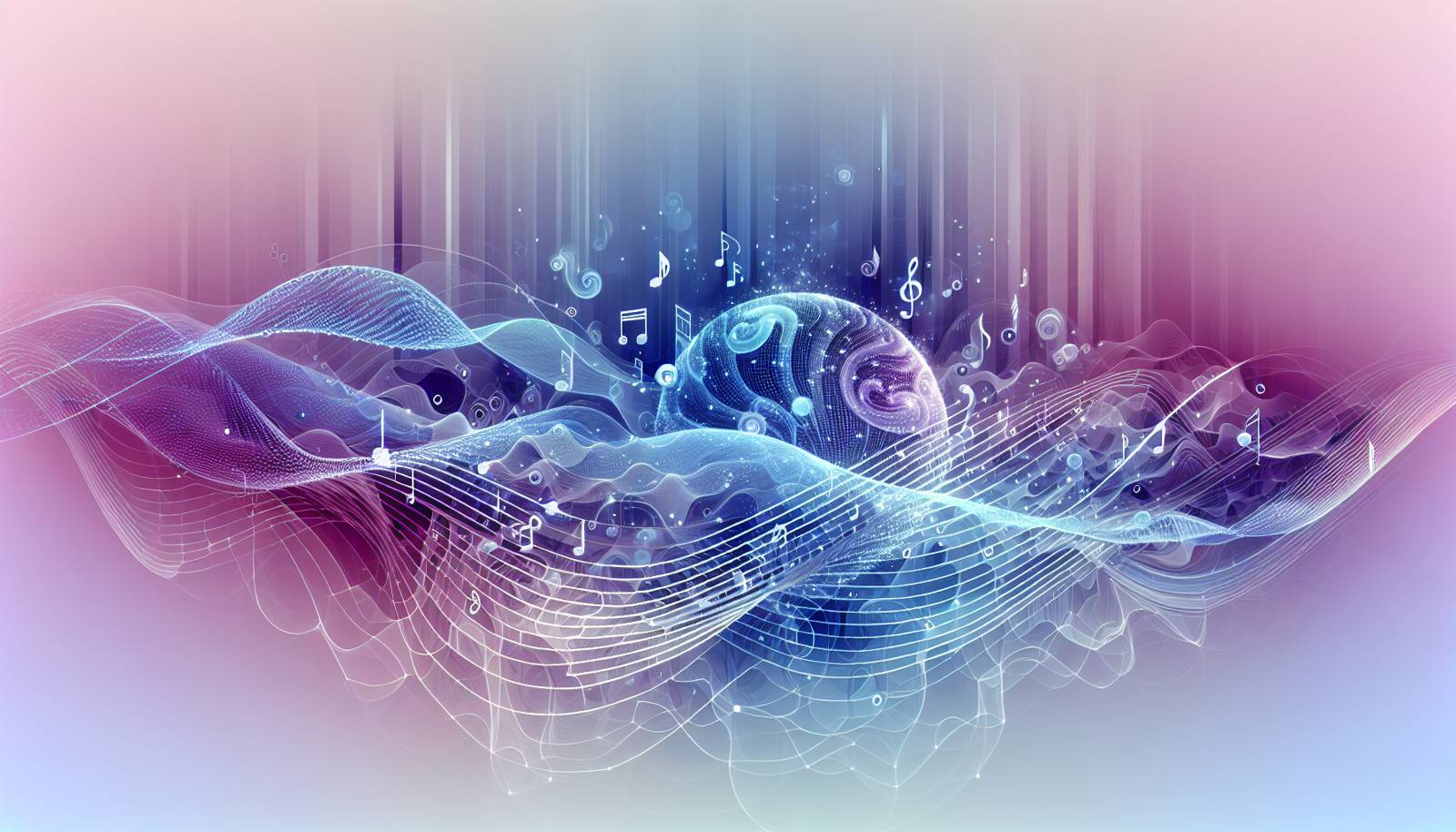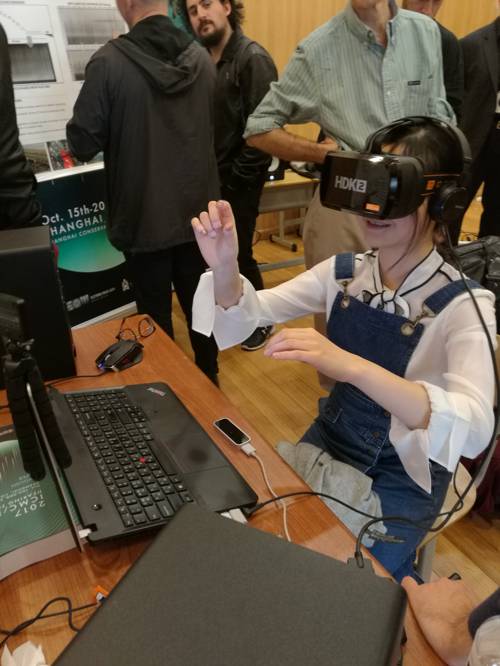
FAQ About The Role of VR in Live Music Experiences

What is VR in live music experiences?
Virtual Reality (VR) in live music experiences refers to the use of VR technology to enhance or transform the way audiences experience live music. This involves creating an immersive virtual environment where users can feel as if they are present at a concert or performance, even if they are physically elsewhere.

How does VR enhance live music experiences?
VR enhances live music experiences by providing an immersive environment where users can interact with the music and artists in ways not possible in traditional settings. Users can enjoy a 360-degree view of the stage, customize their surroundings, and even interact with other virtual attendees, creating a more personal and engaging concert experience.

What equipment do I need for a VR live music experience?
To experience live music in VR, you typically need a VR headset compatible with the chosen VR platform, such as Oculus Rift, HTC Vive, or PlayStation VR. Additionally, a fast internet connection and a compatible device (like a gaming console or a computer) are necessary to run the VR applications and stream the content smoothly.

Can I attend live music concerts in VR with friends?
Yes, many VR platforms allow users to attend live music concerts with friends. These platforms often support social features where you can meet up with friends, chat, and enjoy the concert together in the same virtual space, enhancing the communal aspect of attending a concert.

What are some popular VR platforms for live music?
Popular VR platforms for live music experiences include Oculus Venues, Wave, and MelodyVR. These platforms offer a variety of live performances from different artists and genres, allowing users to choose concerts that suit their tastes.

How do VR live music experiences compare to physical concerts?
VR live music experiences provide certain advantages over physical concerts, such as accessibility from anywhere in the world and unique interactive features. However, they may lack the tangible atmosphere and energy of a live audience present at a physical concert venue.

Can VR live music experiences replace traditional concerts?
While VR live music experiences offer new and exciting ways to enjoy music, they are not necessarily a replacement for traditional concerts. Each format has its advantages, with VR providing flexibility and accessibility, while traditional concerts offer the irreplaceable communal energy and atmosphere.

Are there any health concerns with using VR for music experiences?
Some users might experience motion sickness, eye strain, or fatigue after prolonged use of VR headsets during music experiences. It is recommended to take regular breaks and ensure that the VR equipment is properly set up and adjusted to minimize any potential discomfort.

How do artists benefit from VR music experiences?
Artists benefit from VR music experiences by reaching a wider audience, including those who cannot attend physical concerts due to geographic or physical limitations. VR also provides new creative opportunities for artists to experiment with digital environments and interactive elements in their performances.

What are some unique features of VR live music concerts?
Unique features of VR live music concerts include 360-degree visual perspectives, virtual meet-and-greet sessions with artists, interactive elements like choosing camera angles, and even themed environments that enhance the mood and style of the music being performed.

Can VR music experiences be personalized?
Yes, VR music experiences can often be personalized to a degree. Users can sometimes choose their virtual seating position, the type of virtual environment they are in, and other interactive elements, allowing for a custom-tailored concert experience.

Are VR music experiences accessible to people with disabilities?
VR music experiences have the potential to be very accessible to people with disabilities, depending on the design of the VR system and software. For example, VR can offer alternative inputs and controls, subtitles for lyrics, and virtual environments that accommodate mobility issues, expanding access to those who might find physical events difficult to attend.

What is the future of VR in the music industry?
The future of VR in the music industry looks promising, with ongoing advancements in technology and increasing interest from both performers and audiences. As VR technology becomes more accessible and affordable, its role in music experiences is likely to grow, offering innovative ways to engage with live performances and broaden audience reach.

How can I attend a VR live music event?
To attend a VR live music event, you'll need to select a VR platform offering concerts, download or access their app, and check the schedule for upcoming events. After purchasing a ticket or paying a subscription, you can join the event through your VR headset at the specified time.

Is there a cost associated with VR live music experiences?
Yes, there is typically a cost associated with VR live music experiences, which can vary depending on the platform and the artist. Some platforms require a subscription fee, while others might charge per event. Costs also depend on the exclusivity and popularity of the performance.

How do VR music apps perform in terms of sound quality?
Sound quality in VR music apps is generally designed to be very high, with many platforms offering spatial audio to create a more immersive experience. This technology simulates different sound directions and distances, enhancing the realism of the virtual concert.

Can I use VR for live music without a headset?
While the full immersive VR experience typically requires a headset, some platforms offer 2D or 360-degree video streams that can be viewed on regular screens. Though not as immersive as a VR headset, this option still offers a taste of the virtual concert environment.

What types of performances are best suited for VR music experiences?
VR music experiences are particularly well-suited for electronic music, pop, or any genre that benefits from visual elements and interactive features. Artists who thrive on visual artistry and theatrical performances often excel in VR settings, creating a memorable and engaging experience for the audience.

Do all VR concerts happen in real time?
Not all VR concerts happen in real time. While many live-streaming events are in real time, some platforms also offer recorded VR concerts that can be watched at any time, allowing for on-demand flexibility and repeated viewings.

What role does interactivity play in VR live music?
Interactivity is a crucial component in VR live music experiences, allowing audiences to engage directly with the performance. This can include choosing different camera angles, interacting with other audience members, participating in virtual meet-and-greets with artists, and even influencing visual or musical elements of the concert.
